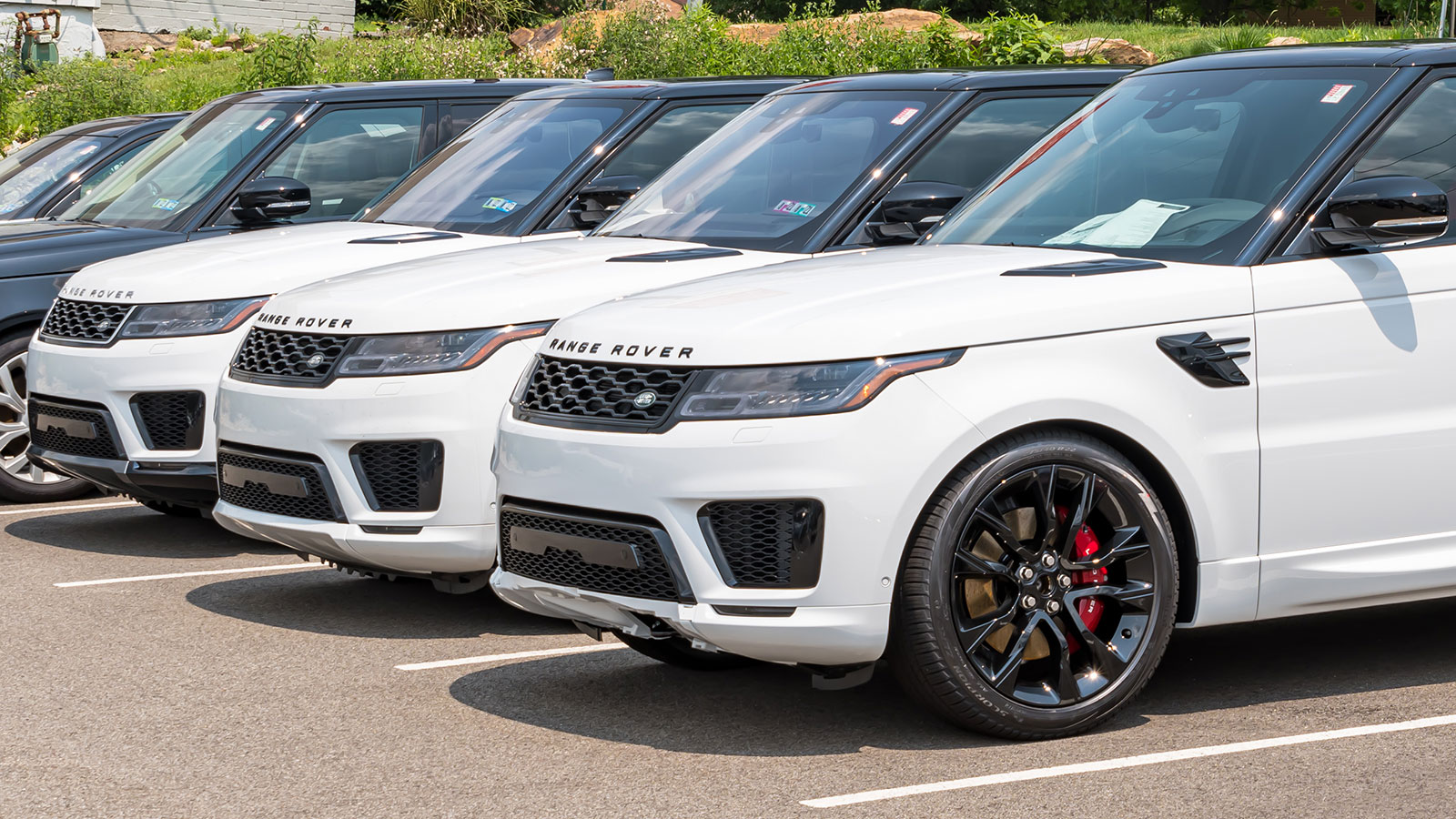Dealerships typically receive new car deliveries a couple of times a week. The frequency of deliveries can vary depending on the dealership and demand for specific vehicles.
When it comes to purchasing a new car, one of the factors that buyers often consider is the availability of inventory at dealerships. Knowing how often dealerships receive new cars can help prospective car buyers plan their purchase accordingly. Dealerships play a crucial role in providing customers with a wide range of vehicle options to choose from.
Understanding the frequency of new car deliveries can give potential buyers a better idea of when they can expect to find the latest models on dealership lots. We will explore how often dealerships receive new cars and the factors that influence delivery schedules. So, if you’re in the market for a new car, keep reading to find out more.

Credit: www.autotrader.com
Factors Affecting Car Inventory
Car inventory at dealerships is affected by various factors such as supply chain disruptions, changes in consumer demand, quality control issues, and production delays. Dealerships typically receive new cars a couple of times a week, but the availability of specific models may vary.
| Factors Affecting Car Inventory |
|---|
|
Frequency Of New Car Deliveries
In general, car dealerships usually receive new deliveries a couple of times a week. However, the frequency of deliveries can vary depending on various factors like the size of the dealership, manufacturers’ production schedules, and demand in the local market.
When it comes to specific delivery of desired vehicles, car dealerships usually have to place orders with the manufacturers. The time it takes for a new car to arrive can vary. Domestically made vehicles typically take about eight weeks, while internationally made ones can take up to three months. Some automakers may also have quarterly ordering cycles, which can further increase the wait time.
The exact time of day when new cars arrive at dealerships can vary. However, it is common for deliveries to occur during regular business hours. This allows dealership staff to inspect the vehicles, prepare them for display, and complete necessary paperwork.
While weekend and night deliveries are not as common as deliveries during regular business hours, they can still occur depending on the dealership’s arrangement with the manufacturers and logistics providers. These special arrangements may be made to ensure that dealerships have a constant supply of new inventory to meet customer demands.
Inventory Management
Dealerships receive new cars at varying intervals depending on several factors:
| Subheading | Explanation |
|---|---|
| Average Inventory Holding Time | Cars may be held in inventory for a short time to ensure a steady supply. The dealer will only get new shipments from the factory if they can sell the current inventory. |
| Preparation Time for New Cars | Dealerships may need to perform various inspections and updates on new cars before they are ready for sale. This preparation time can vary. |
| Mileage on New Cars | New cars often have a few miles on them due to transportation from the factory to the dealership. This mileage is typically minimal. |
| Seasonal Inventory Sales | Certain months may see slower sales, such as January and February. Dealerships may adjust their ordering and delivery schedules accordingly. |
| Delivery Notifications to Dealers | Dealerships receive notifications from the manufacturer when new cars are being shipped to them. The frequency of these notifications can vary. |

Credit: modera.com

Credit: www.sansoneauto.com
Frequently Asked Questions For How Often Do Dealerships Get New Cars
What Month Is It Best To Buy A Car?
The best month to buy a car is typically during the spring months when the weather improves and people receive tax refunds. Car dealerships often have difficulty selling inventory during the winter months, particularly in January, February, and early March.
What Is The Slowest Month For Car Dealerships?
Car dealerships experience the slowest month of sales during the winter, specifically in January, February, and early March. As the weather improves and people receive their tax refunds, car sales tend to increase during the spring months.
Why Are Dealers Not Getting New Cars?
Dealers are not getting new cars due to a shortage in car inventory. This shortage is caused by disruptions in the supply chain, changes in consumer demand, quality control issues, and production delays.
How Many Months Does It Take To Get A New Car?
Typically, it takes about 8 weeks for domestically made cars and 3 months for internationally made cars to arrive. However, some automakers only allow dealers to place orders once per quarter, which could lengthen the waiting time.
Conclusion
In the competitive automotive industry, dealerships aim to constantly update their inventory with new cars to meet customer demand. While the frequency may vary, dealerships typically receive new car deliveries multiple times a week. Car inventory shortages can occur due to supply chain disruptions, changes in consumer demand, and production delays.
However, as the seasons change and people receive tax refunds, car sales tend to increase during the spring months. So, if you’re considering purchasing a new car, it’s important to stay informed about dealership inventory and timing your purchase accordingly.






